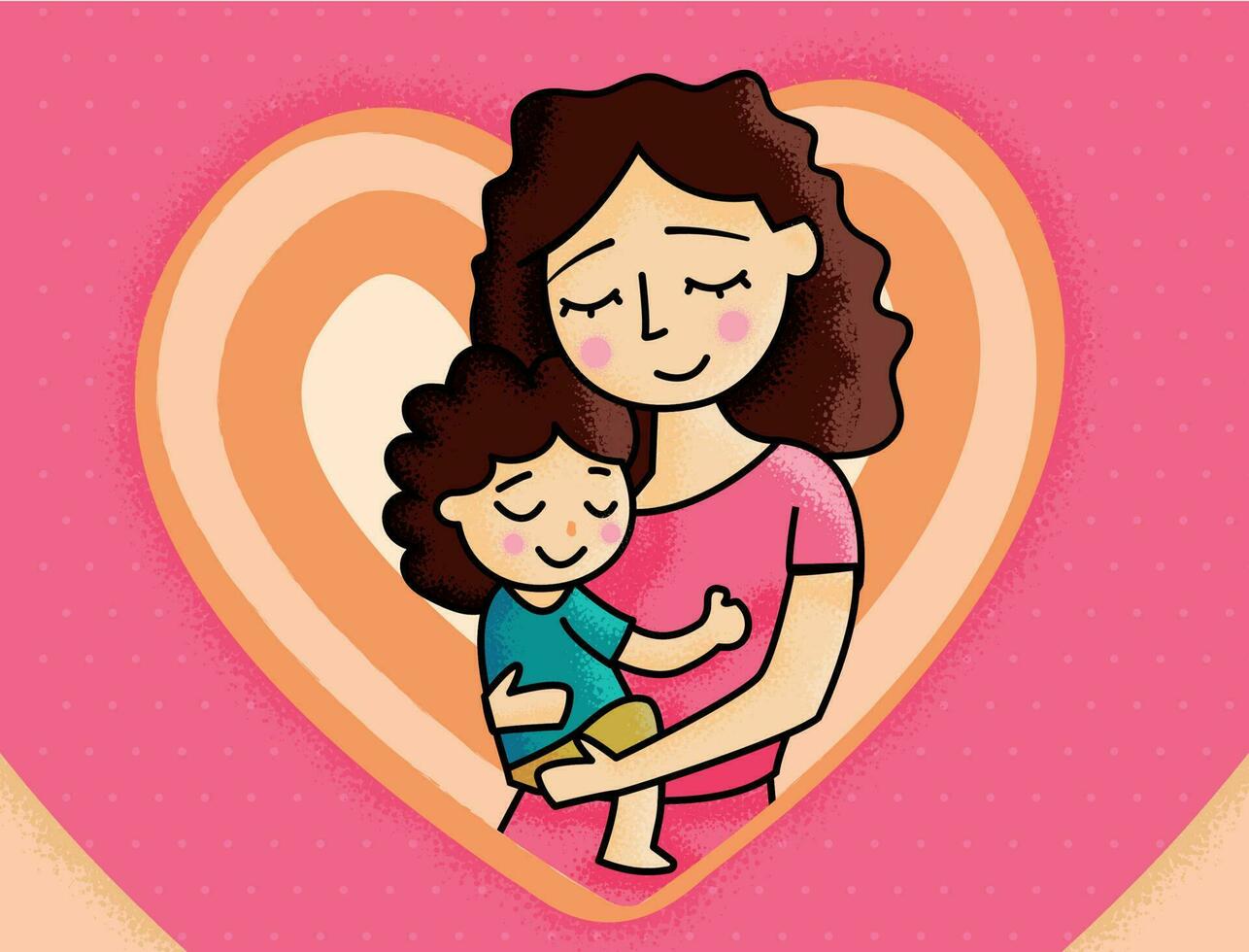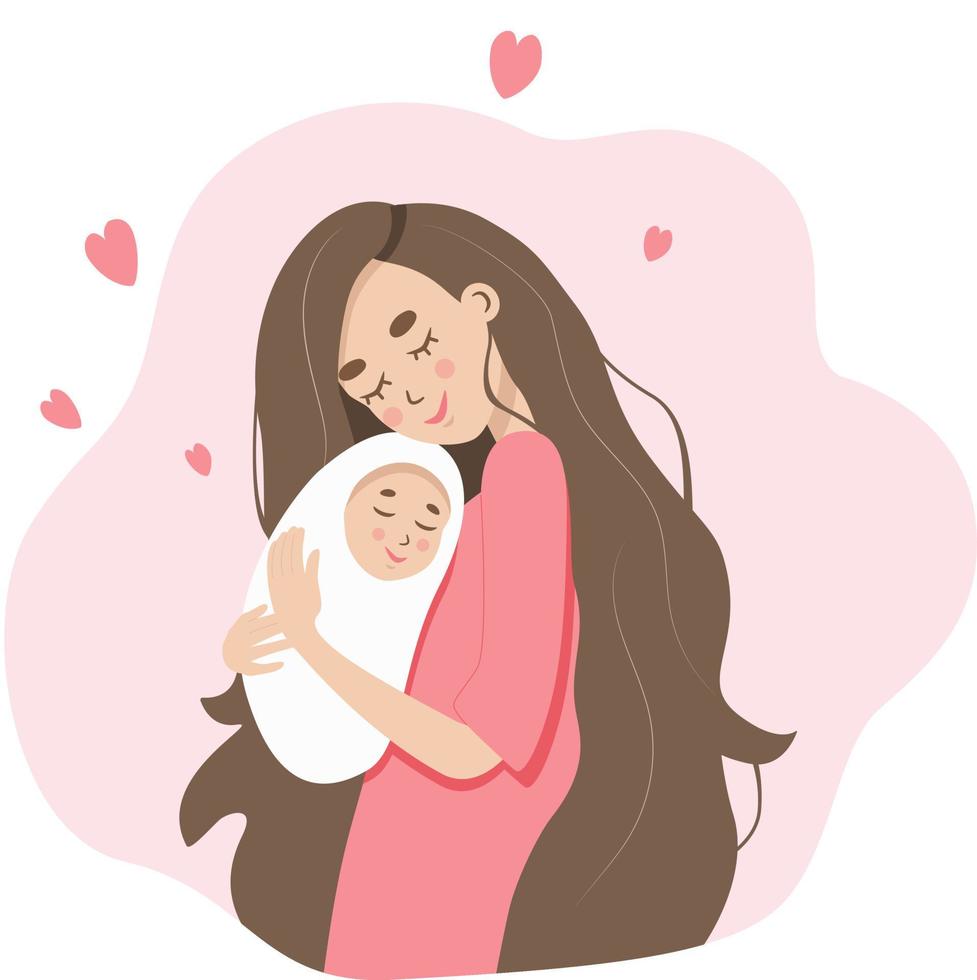The "Mama Bell": Amplifying The Voice Of Modern Motherhood
In the intricate tapestry of modern life, few roles are as transformative, demanding, and profoundly rewarding as that of a mother. It's a journey marked by immense joy, unexpected challenges, and a constant evolution of self. Yet, often, the nuanced realities of motherhood remain unspoken, relegated to private conversations. This is where the concept of the "Mama Bell" emerges – a powerful metaphor for the collective voice of mothers, ringing out to highlight their triumphs, struggles, and the societal shifts impacting their lives. It's about bringing these vital conversations into the public sphere, ensuring that the experiences of mothers are not just acknowledged but understood and supported.
From the intimate moments of a new birth to the broader implications of parenting on gender equality, the "Mama Bell" resonates with stories that are both deeply personal and universally relatable. It's a call to attention, a signal that echoes through communities, urging us to listen to the lived experiences of mothers. This article delves into the multifaceted world of modern motherhood, drawing insights from real-life narratives, expert opinions, and societal trends, all under the resounding chime of the "Mama Bell."
Table of Contents
- The Evolving Landscape of Modern Motherhood: The "Mama Bell" Rings
- Influencers and the "Mama Bell": Shaping Perceptions
- Navigating the Challenges: The "Mama Bell" for Support
- Societal Shifts and Gender Equality: The "Mama Bell" for Awareness
- The "Mama Bell" of Nurturing: Close Parenting and Connection
- Practical Parenting and Memory Making: The "Mama Bell" in Action
- "Mama" Magazine: The Platform for the "Mama Bell"
- The Unwavering Strength of the "Mama Bell"
The Evolving Landscape of Modern Motherhood: The "Mama Bell" Rings
Motherhood today is a complex interplay of traditional expectations and modern realities. The "Mama Bell" serves as a crucial reminder that while the core essence of nurturing remains, the context in which mothers operate is constantly shifting. From career aspirations to societal pressures, mothers navigate a world that often demands an impossible balance. This section sets the stage by acknowledging the dynamic nature of maternal experiences, highlighting that each mother's journey is unique, yet interconnected by shared challenges and joys. The "Mama Bell" calls for a deeper understanding of these diverse paths. The journey into motherhood, whether for the first time or with subsequent children, is rarely predictable. It involves profound physical and emotional changes, requiring immense resilience and adaptability. The experiences shared by mothers, from the euphoria of holding a newborn to the exhaustion of sleepless nights, form the bedrock of the "Mama Bell"'s resonance. It's a testament to the strength and dedication inherent in every mother, often performing a delicate dance between personal aspirations and the needs of their children.Influencers and the "Mama Bell": Shaping Perceptions
In the digital age, influencers play a significant role in shaping public perceptions, and the world of motherhood is no exception. These figures, often sharing their raw and unfiltered experiences, become a conduit for the "Mama Bell," allowing a broader audience to glimpse into the realities of parenting. They challenge idealized notions, fostering a more authentic dialogue about what it truly means to be a mother. Their narratives, whether celebratory or challenging, contribute significantly to the collective understanding of modern family life.Clara Diefke: A New Chapter in Motherhood
Influencer Clara Diefke from Falun exemplifies the evolving journey of motherhood. Her experience of becoming a mother for the second time to a little boy was distinctly different from her first. This personal revelation underscores a crucial point: no two pregnancies or births are identical, and each brings its own set of challenges and triumphs. Clara's openness about these differing experiences contributes to the "Mama Bell" by normalizing the varied realities of childbirth and postpartum recovery. It helps other mothers feel seen and understood, knowing that their unique paths are valid. Her story highlights the continuous learning and adaptation required, even for experienced parents, and the importance of acknowledging the distinctness of each child's arrival.Hanna Öberg: Fitness, Pregnancy, and Public Scrutiny
Another prominent figure, Hanna Öberg, one of the world's biggest fitness profiles, has long inspired many with her dedication to training, even during pregnancy. Her journey, however, has not been without its challenges. She has openly shared with "Mama" magazine that she faced criticism for her approach to fitness while expecting. This narrative is a powerful chime of the "Mama Bell," highlighting the immense public scrutiny and often unsolicited advice mothers, especially those in the public eye, endure. It raises questions about societal expectations placed on pregnant women and new mothers, particularly concerning their bodies and lifestyles. Hanna's story advocates for bodily autonomy and the right for mothers to make choices that feel right for them, even when they diverge from conventional norms. Her resilience in the face of criticism inspires mothers to trust their instincts and prioritize their well-being.Navigating the Challenges: The "Mama Bell" for Support
Motherhood, while beautiful, is also fraught with challenges that can test the limits of endurance and emotional resilience. The "Mama Bell" often rings loudest when mothers face adversity, calling for empathy, understanding, and robust support systems. These stories, though difficult, are essential for fostering a compassionate society that acknowledges the full spectrum of maternal experiences and provides the necessary resources.Birth Trauma and the Fight for Justice: Idun's Story
The story of Idun, 31, is a poignant example of the severe challenges some mothers face. She reported her birth to the police after suffering the most severe type of birth injury, and is now fighting for justice with the help of forensic doctors and lawyers. This harrowing account is a critical chime of the "Mama Bell," shedding light on the often-taboo subject of birth trauma and its profound, lasting impact on mothers. It underscores the urgent need for improved maternal healthcare, accountability within medical systems, and accessible legal avenues for women seeking redress. Ann Olsson, a midwife and quality developer at the women's clinic at Danderyd Hospital, has met many women with similar experiences, reinforcing the widespread nature of this issue. Idun's fight is not just for herself but for all mothers who have suffered, ensuring their voices are heard and that such incidents are prevented in the future. Her courage in pursuing justice highlights the critical role of advocacy in maternal health.Blended Families and Unique Journeys: Rissa's Perspective
The complexities of modern family structures also contribute to the diverse experiences of motherhood. Rissa, for instance, navigates the unique dynamics of a blended family, with three biological children and three stepchildren, the youngest of whom is severely ill. Her situation is a powerful echo of the "Mama Bell," emphasizing the extraordinary strength and dedication required when parenting children with complex health needs, especially within a blended family setting. It highlights the often-unseen emotional, logistical, and financial burdens that fall upon mothers in such circumstances. Rissa's story calls for greater societal recognition and support for blended families and those caring for chronically ill children, reminding us that the definition of family and the challenges within it are incredibly varied.Societal Shifts and Gender Equality: The "Mama Bell" for Awareness
The arrival of children has profound implications not just for individual families but for society at large. A new study reveals a concerning trend: gender equality often regresses when children enter the picture. This finding is a stark and urgent ringing of the "Mama Bell," demanding attention to the persistent inequalities that mothers disproportionately bear. It suggests that despite progress in other areas, the traditional division of labor often reasserts itself once children arrive, impacting mothers' careers, financial independence, and overall well-being. This regression points to systemic issues within workplaces and broader societal norms that continue to place the primary burden of childcare and domestic responsibilities on women. The "Mama Bell" here calls for policy changes, greater shared parental leave, flexible work arrangements, and a fundamental shift in cultural attitudes to ensure that both parents can equally participate in childcare and career development. Addressing this issue is crucial not only for mothers but for achieving true gender equality across society.The "Mama Bell" of Nurturing: Close Parenting and Connection
Amidst the challenges, there is a growing and powerful trend that resonates deeply with the "Mama Bell": "close parenting" (nära föräldraskap). This philosophy emphasizes parents being as physically and emotionally close to their children as possible to foster security and strong attachment. The trend is gaining significant traction, reflecting a collective desire among parents to prioritize emotional connection and secure bonding over more traditional, rigid parenting styles. This approach often involves practices like co-sleeping, babywearing, and extended breastfeeding, all aimed at maximizing physical closeness and responsiveness. The "Mama Bell" here celebrates the profound benefits of such nurturing, which research increasingly links to positive child development outcomes, including greater emotional regulation, confidence, and resilience. It's a movement that underscores the intuitive wisdom of parents seeking to create deep, lasting bonds with their children, recognizing that a secure attachment forms the foundation for a child's future well-being.Practical Parenting and Memory Making: The "Mama Bell" in Action
Beyond the grand narratives of birth and societal shifts, the "Mama Bell" also resonates in the everyday moments of parenting – the small, practical ways mothers engage with their children and capture the fleeting beauty of childhood. These moments, often overlooked, are crucial for building family bonds and creating cherished memories. Sara Wimmercranz insightfully notes that it is often mothers who are always there, meticulously capturing these precious memories. This highlights the emotional labor and dedication involved in preserving family history, a task often taken on by mothers.Engaging Children: Tips for Quiz Walks and Documentation
"Mama" magazine, a key amplifier of the "Mama Bell," provides practical tips for enriching family life. For instance, it offers advice and questions for a successful quiz walk (tipspromenad) for children between five and ten years old. This initiative encourages families to combine physical activity with learning, turning a simple walk into an engaging adventure. The suggestion to let children document the walk themselves adds another layer of engagement, fostering their creativity and observation skills. Such practical guidance from "Mama" empowers parents to create meaningful experiences, reinforcing the idea that impactful parenting lies not just in grand gestures but in thoughtful, everyday interactions. The magazine's focus on actionable advice for children's activities, like "consider this when you do a quiz walk for children," demonstrates its commitment to supporting parents in practical ways."Mama" Magazine: The Platform for the "Mama Bell"
At the heart of many of these discussions and shared experiences is "Mama" magazine. As a vital part of Expressen, "Mama" serves as a dedicated platform for the "Mama Bell," providing a space where the diverse facets of motherhood are explored, celebrated, and debated. It offers readers an intimate glimpse into the lives of various mothers, from influencers like Hanna Öberg to those navigating severe birth injuries like Idun, fostering a sense of community and shared understanding. The magazine's content ranges from practical tips for activities like quiz walks to in-depth interviews and personal stories about toddler life. This comprehensive approach ensures that "Mama" addresses both the joys and the profound challenges of parenting. Furthermore, the fact that readers' interviews, pictures, or texts can appear in "Mama" or even Expressen, underscores its role as a participatory platform, actively inviting mothers to contribute their own voices to the collective "Mama Bell." This accessibility makes it a powerful tool for amplifying individual stories and transforming them into collective insights, reinforcing its authority and trustworthiness as a source for maternal experiences.The Unwavering Strength of the "Mama Bell"
The "Mama Bell" is a symbol of the unwavering strength, resilience, and profound impact of mothers on individuals, families, and society. From navigating the complexities of different birth experiences and blended families to fighting for justice after trauma, mothers embody an extraordinary capacity for love, sacrifice, and perseverance. The ongoing discussions about gender equality and the growing trend of close parenting further highlight the dynamic nature of motherhood and its central role in shaping future generations. The collective stories amplified by the "Mama Bell" – through influencers, personal narratives, expert insights, and platforms like "Mama" magazine – serve as a powerful reminder that motherhood is not a monolithic experience. It is a mosaic of unique journeys, each deserving of recognition, support, and respect. By listening to the resonant chimes of the "Mama Bell," we can collectively work towards creating a more understanding, equitable, and supportive world for all mothers and their children.Conclusion
The "Mama Bell" represents more than just a sound; it embodies the powerful, diverse, and often unheard narratives of motherhood in the modern era. We've explored how it rings through the personal stories of influencers like Clara Diefke and Hanna Öberg, shedding light on the public and private aspects of their journeys. We've seen its urgent call for justice in the face of birth trauma, as demonstrated by Idun's courageous fight, and its empathetic echo in the unique challenges faced by blended families like Rissa's. The "Mama Bell" also alerts us to critical societal issues, such as the regression of gender equality post-children, while simultaneously celebrating the growing trend of close parenting and the practical joys of family activities. Ultimately, the "Mama Bell" is a continuous invitation to engage with the realities of motherhood, to offer support, and to champion the well-being of mothers and children. It's a reminder that every mother's experience contributes to a larger, more comprehensive understanding of this fundamental human role. We encourage you to reflect on the insights shared here and consider how you can contribute to amplifying the "Mama Bell" in your own community. What stories resonate most with you? Share your thoughts and experiences in the comments below, and let's keep the conversation ringing!- Willy Wonka Animated
- Ad Tweet
- How Long Have Gwen Stefani And Blake Shelton Been Together
- Imogenlucie Nude
- Justin Boone

mamá y niños abrazo ilustracion dibujos animados madres día niño marrón

Mother day cartoon illustration. Mother hugging her daughter. 20146787

madre joven y bebé recién nacido. mujer feliz abrazando cuidadosamente